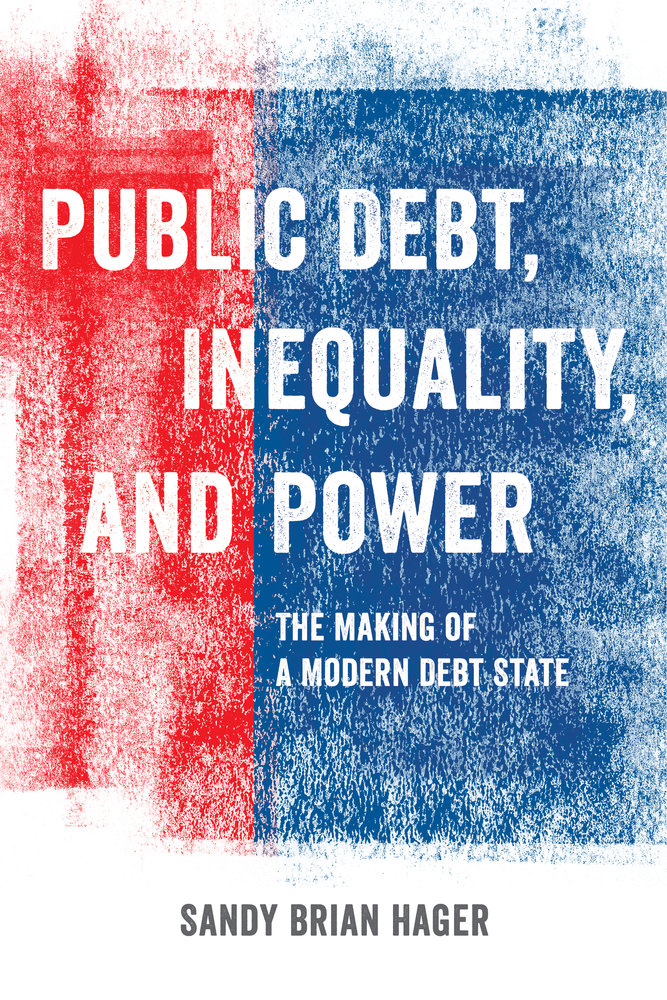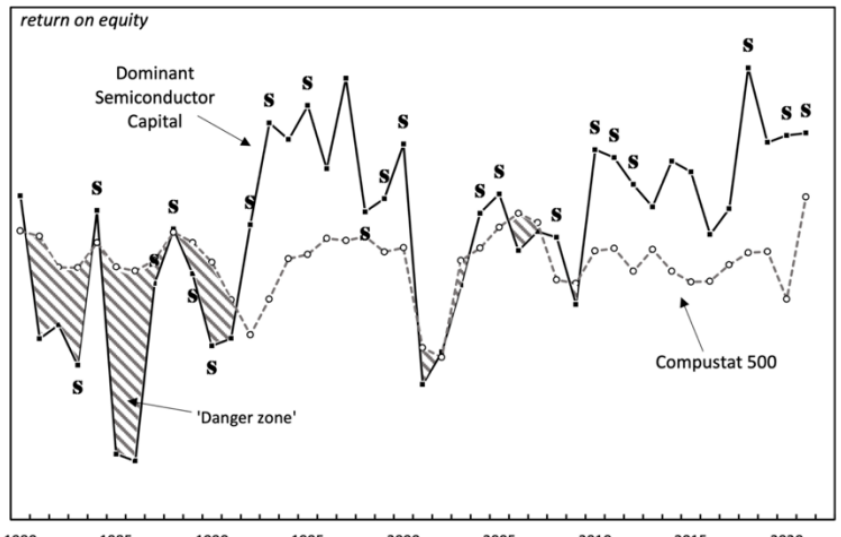Abstract Hager’s project examines the historical development of US public debt ownership and its political implications. His main innovation is to approach the topic from the perspective of disaggregated social class and frame questions of public debt ownership in terms of social inequality and power. He tackles four questions: who are the owners of the […]
Continue ReadingMouré, ‘Technological Change and Strategic Sabotage: A Capital as Power Analysis of the US Semiconductor Business’
Abstract Rapid technological change is often touted as a fundamental reality of capitalist societies. It is also presented as concrete evidence for the supposed progressive improvement of material well-being that characterises the capitalist system of social order. Since its emergence in the mid-20th century, semiconductor technology in many ways exemplifies this view. Yet the rapid […]
Continue ReadingThe monopoly strategy behind the Google/Microsoft mobile patent wars
Originally published at pluralistic.net Cory Doctorow Capital-as-power, a framework from Jonathan Nitzan and Shimshon Bichler, holds that companies don’t seek to be as profitable as possible – but rather to accumulate as much power as possible. A company doesn’t seek to be as big as possible, but rather, as dominant. https://capitalaspower.com/ There are two strategies […]
Continue ReadingNo Shortage of Profit: Semiconductor firms and the differential effects of chip shortages
Chris Mouré Note: this is the manuscript version of an article now featured in The Mint Magazine. Few will argue with the claim that shortages are socially harmful. Shortages, by definition, imply a lack of something – not enough stuff to go around. A shortage of food implies hunger; a shortage of electricity implies darkness. […]
Continue ReadingCapital as Power Essay Prize Winners, 2022
Blair Fix The Review of Capital as Power is pleased to announce the winners of the 2022 Capital as Power Essay Prize: First Prize: ‘Costly Efficiencies: Healthcare Spending, COVID-19, and the Public/Private Healthcare Debate’, by Chris Mouré. Second Prize: ‘Hype: The Capitalist Degree of Induced Participation’, by Yuri Di Liberto. Chris Mouré’s ‘Costly Efficiencies’ In […]
Continue Reading2021/05: Mouré, ‘Costly Efficiencies: Health Care Spending, COVID-19, and the Public/Private Health Care Debate’
Abstract The debate around public versus private health care often turns on cost – that is, on how to reduce costs, and particularly government expenditures, when it comes to health care. This paper examines the theoretical and empirical relationship between health costs and health outcomes in the context of the COVID-19 pandemic. It proposes an […]
Continue Reading





